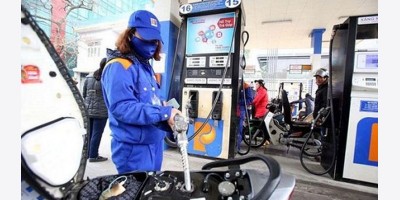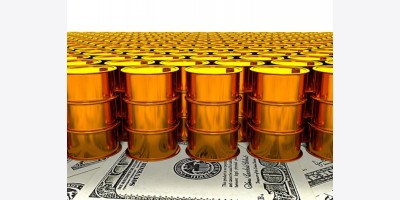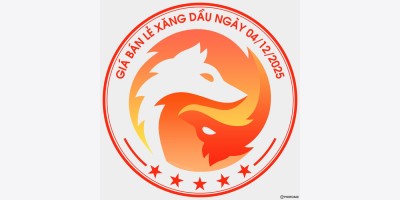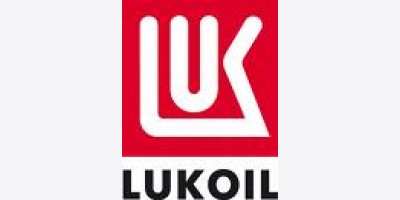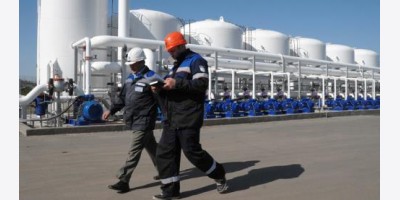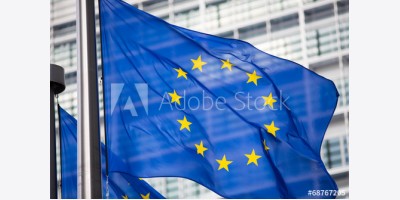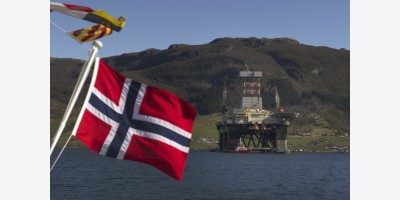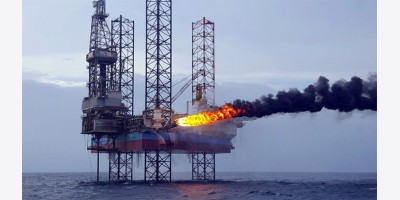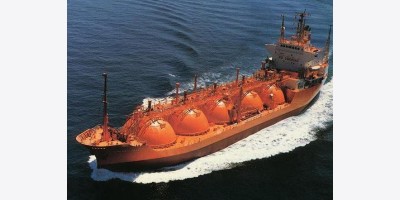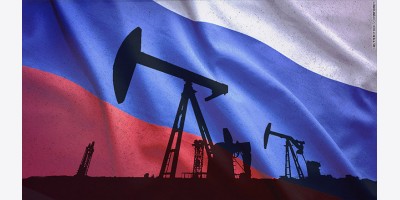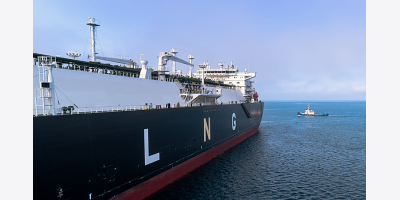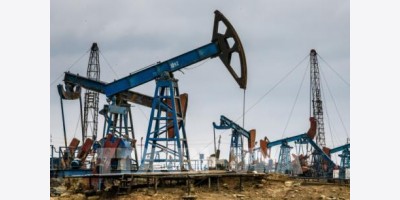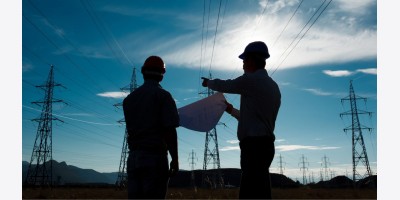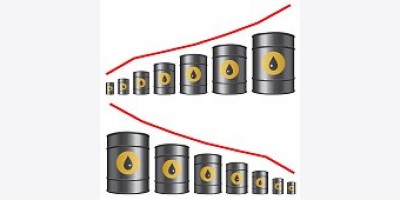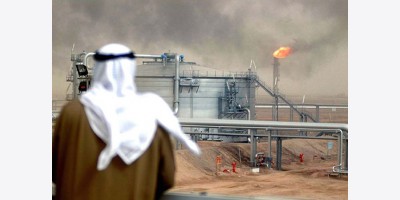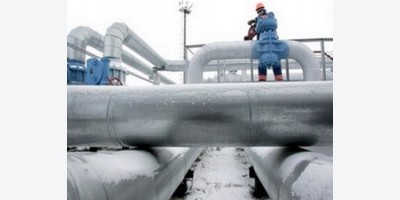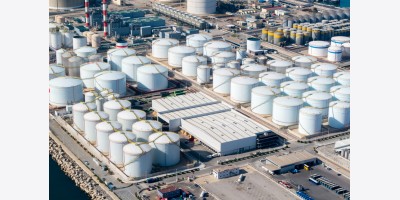
Five oil-exporting countries in the Middle East and North Africa are on track to run fiscal deficits this year, even as oil prices remain close to US$100 per barrel.
Iran, Iraq, Libya and Algeria are all estimated to have break-even oil prices in excess of that level, according to data highlighted last month by the Institute of International Finance (IIF).
Bahrain, which was not included in the data, is estimated to have a break-even of $120 per barrel, estimated Bank of America Merrill Lynch in a report released in February. Abu Dhabi remains in fiscal surplus for now, with a break even-price of $95 per barrel, the bank estimated.
The break-even price refers to the estimated level that oil prices need to be at in order for governments to balance their budgets.
“Ballooning government spending has entailed a steady upward pressure on fiscal break-even oil prices, exposing the fiscal outlook to some risks in case of a sustained slump in the oil market,” said George Abed, senior counselor and director, Africa and Middle East department at the IIF.
Prices of North Sea Brent crude are hovering above $100 per barrel, well above the average of $40 in the three decades up to this year. But elevated crude income levels have been more than offset by a rapid ramp-up in spending, which has shot up by an annual average of 11 per cent over the past decade, according to the IIF.
Governments are under increasing pressure to scale back their spending as longer-term oil markets are expected to be squeezed by alternative energy sources in the US and elsewhere coming online. The IMF has forecast that average spot oil prices could slip to $84.40 per barrel by 2019.
Most vulnerable to an oil price dip is Iran, with a break-even price of $145.
Within the GCC, Bahrain is most vulnerable, as the IMF warned in a concluding statement last week following a mission to the country.
“Fiscal adjustment must be a priority,” said May Khamis, an IMF official. “The state budget deficit is expected to continue to rise in the medium term. Without additional fiscal measures, government debt is projected to increase and become an important source of vulnerability to the economy in the medium term.”
The IMF recommended a gradual retargeting of subsidies to the lower-income segments of the population, and controlling the growth of the public sector wage bill.
The UAE and Saudi Arabia are among governments at a more advanced stage of balancing their budgets. The UAE federal government and Abu Dhabi and Dubai began more tightly controlling their spending from 2012, after increases to public sector wages and subsidies as well as Abu Dhabi’s $20 billion support to Dubai after that emirate’s debt crisis.
As a result, Abu Dhabi’s break-even oil price had been pared down below $100 to around $95 per barrel this year, Bank of America Merrill Lynch estimated. The break-even price for the UAE as a whole is lower because of the diversity in the rest of the country’s economy: the IMF estimated the figure at $74 per barrel in 2012.
Saudi Arabia hinted at a shift to a more prudent fiscal stance in its budget for this year, which slowed spending growth to 4.3 per cent from 20 per cent the previous year. But Bank of America Merrill Lynch has warned that the GCC’s largest oil producer might need to take further action if sanctions against Iran are eased sufficiently to allow it to step up oil output.
“The crawl higher in the breakeven oil price coupled with the potential return of Iranian oil suggests government spending growth needs to moderate going forward,” analysts at the bank wrote in a recent report. “Over the medium term, the arithmetic of the fiscal breakeven oil price is firmly against policymakers given revenues are constrained by production and limited non-oil revenues for now.”
By The National UAE
Follow us: @TheNationalUAE on Twitter | thenational.ae on Facebook




